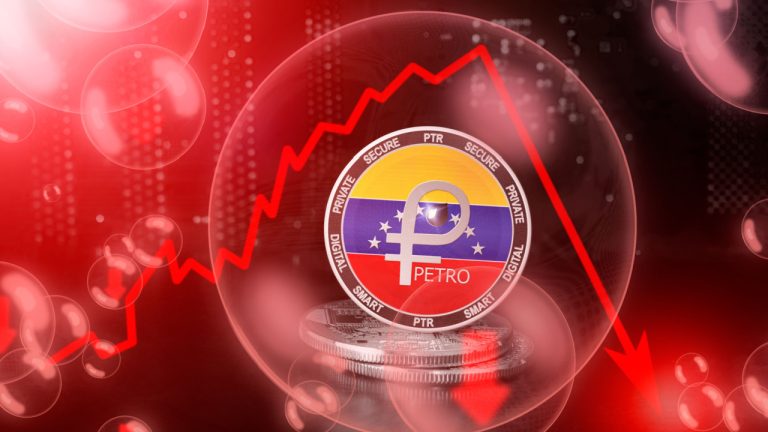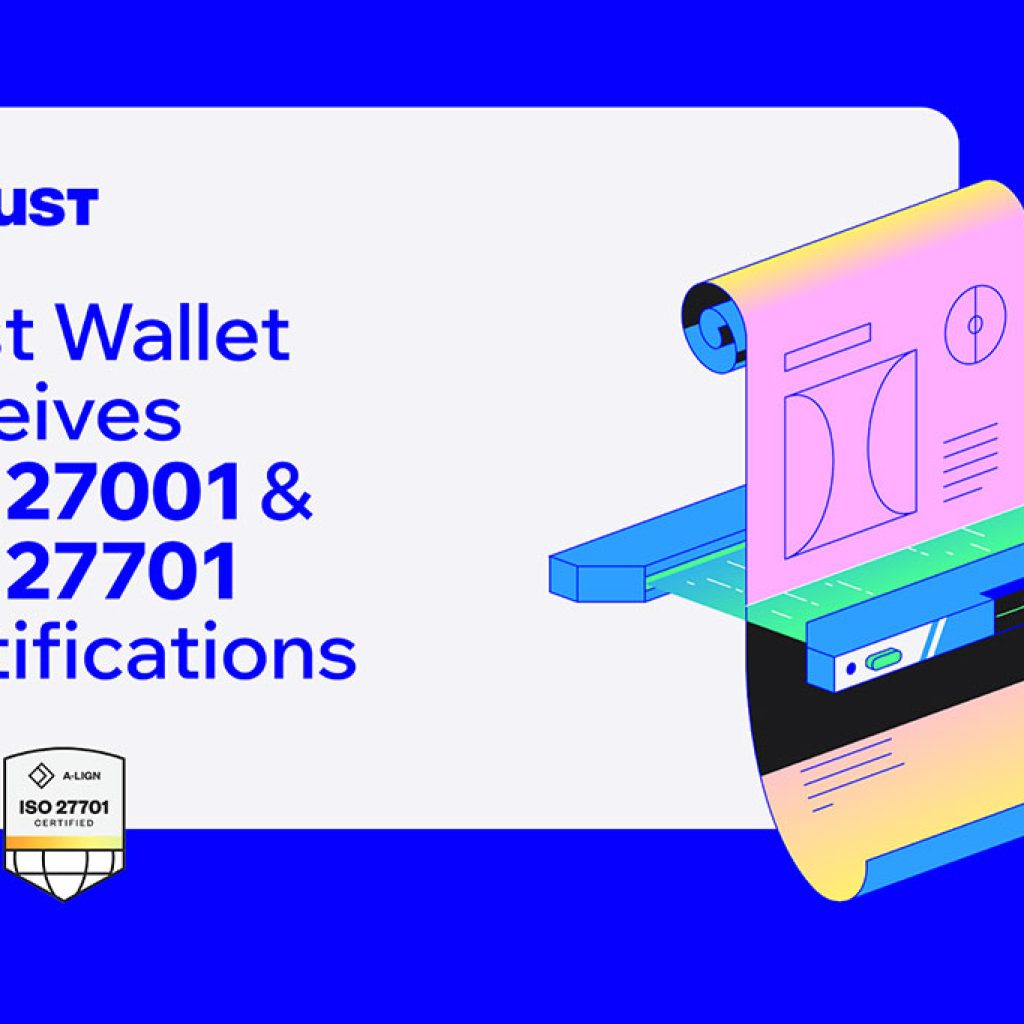
The Venezuelan cryptocurrency ecosystem remains on shaky ground four months after the intervention of national crypto watchdog Sunacrip, and the arrest of its head, Joselit Ramirez, due to alleged participation in a $20 billion corruption scandal involving the undeclared sale of crude oil for crypto. There have been no official updates from Sunacrip’s restructuring board, but Bitcoin mining activities are still halted per local sources’ reports.
Venezuelan Crypto Ecosystem Still Affected After Sunacrip Intervention
The situation of the Venezuelan cryptocurrency ecosystem and the current status of its official cryptocurrency asset, the petro, are yet uncertain after four months of the intervention of Sunacrip, the Venezuelan cryptocurrency watchdog. The restructuring board has made no official statements on the processes it is developing, and it is currently not known if the regulatory institution will even survive.
The government of Nicolas Maduro issued an executive order to intervene in the superintendence on March 17 after the arrest of its head Joselit Ramirez, who was accused of intermediating payments for $3 billion in undeclared crude sales to third parties. The financial hole in the case, which is commonly known as the PDVSA-Crypto scheme, was later expanded to represent a potential $20 billion loss for the nation after more undeclared and unpaid sales linked to cryptocurrency payments were uncovered by Reuters.
The intervention of Sunacrip was followed by other measures that were not officially corroborated but were reported by local Bitcoin miners and media sources, like the operation’s pause in local exchanges. Also, miners from the registered cryptocurrency farms in the country were disconnected from the power grid by the state power company Corpoelec in mid-March.
This brought heavy losses for Bitcoin miners based in the country, with some mulling moving to more crypto-friendly nations, such as Paraguay or El Salvador.
Mass Layoffs and Petro Debacle
Subsequently, there were reports of mass layoffs within Sunacrip, which had a payroll of approximately 600 employees, 400 being fired by April 26. But still, there were no official statements on the issue. Even after the Petro blockchain stopped its block production twice in May, with users reporting the blockage of hundreds of wallets, the institution has been radio silent.
Then, last month, sources linked to Sunacrip reported that the decision to end the petro and its operations was already taken, and it would be made effective after liquidating big holders of the currency at a still unknown market price.
On the possible effects of this situation, Juan Blanco Bracamonte, a Venezuelan Bitcoin miner, stated:
Starting from scratch will cost a lot of money and some investors are not willing to invest in the midst of the legal uncertainty that has been unleashed since March 2023.
The Sunacrip intervention measure will be effective until September 17 but can possibly be extended by six months more.
What do you think about the situation of the cryptocurrency ecosystem in Venezuela? Tell us in the comments section below.





